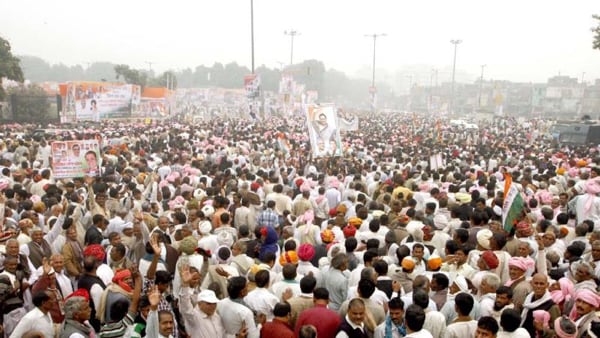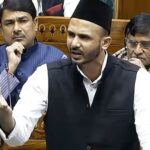President Donald Trump’s recent efforts to deploy National Guard troops in various cities have sparked discussions about his intentions and the implications of such actions. The constant barrage of threats and comments from the president often leaves observers uncertain about whether he is proposing a legitimate policy or merely seeking to stir controversy among his critics. However, given his pattern of using federal troops as personal enforcers, these threats warrant serious consideration.
The legality of Trump’s actions is currently under scrutiny in court. The Ninth Circuit Court of Appeals recently heard arguments regarding a temporary restraining order from a federal judge in Oregon, which blocks troop deployment in Portland. The court previously determined that while the president has the authority to federalize the Guard, he cannot send troops to the city until the legal appeal is resolved. The outcome of this case may eventually reach the Supreme Court.
In a separate matter, a federal district judge in Chicago also issued a ruling on Thursday that temporarily halts the deployment of National Guard troops in Illinois, with the administration indicating plans to appeal this decision.
Throughout U.S. history, federal troops have been employed to quash resistance to federal law, dating back to events such as the Whiskey Rebellion, where President George Washington led state militias against insurrectionists. Similarly, President Abraham Lincoln dispatched troops to regain control during the New York Draft Riots, while later presidents utilized force to suppress labor strikes. It’s important to note, however, that the present legal battles do not focus on whether past presidential troop deployments were justified. Instead, they ask if Trump’s federalization of the National Guard complied with legal parameters.
Under federal law, the president can only assume control of state militias in instances of invasion, rebellion, or when regular forces cannot enforce the law. The administration argues that judges should not contest the Commander-in-Chief’s assessment of federalization necessity. A ruling from a Trump-appointed judge contradicted this view, leading White House aide Stephen Miller to label it as a significant violation of constitutional order.
The increasing number of court actions challenging executive decisions, unlike in previous administrations, reflects a modern legal landscape defined by greater regulation and litigation. In this environment, it is easier for legal challenges to impede federal actions that past administrations may have executed without obstruction.
While some may celebrate these judicial constraints on federal power, the implications for national emergencies raise concerns. The Oregon judge determined there was no invasion or rebellion, and while this conclusion is defensible, its narrow interpretation of terms such as “rebellion” could be problematic in future scenarios where rapid federal action may be necessary.
The evolving legal criteria for federalizing the National Guard—requiring a complex demonstration of facts—could delay responses in genuine emergencies, particularly when conditions are fluid and chaotic.
Importantly, current protests and expressions of dissent represent democratic engagement rather than rebellion. Federal troops are not required to manage situations where legal enforcement can adequately address issues, and there is no existing emergency warranting troop deployment.
As scholar Elaine Scarry highlights, it is essential to contemplate responses to genuine emergencies before they occur. While the current president has legally exercised his authority, his impulsive behavior raises questions about how soundly he would judge situations in true crises. Though not partisan, there are concerns about his readiness for emergencies, given his tendency to make public threats against political opponents.
The balance between structured legal oversight and the potential need for rapid presidential action in emergencies remains delicate. There is a valid concern that imposing strict multi-part tests on presidential discretion in emergencies may backfire, but a system that allows for unilateral declarations of rebellion and insurrection would likely be more detrimental.
This opinion piece reflects the author’s views and does not necessarily represent the editorial board of Bloomberg LP and its owners. Stephen L. Carter, a law professor at Yale University and columnist for Bloomberg Opinion, authored this commentary.










